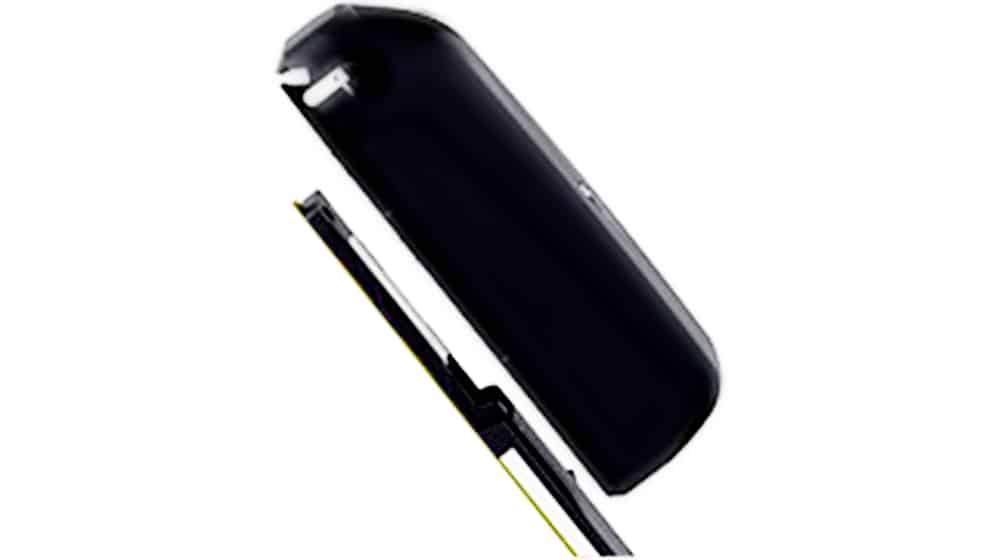- Curved Lithium Polymer battery
- Fast Charge Polymer Battery
- Flexible Polymer Lithium Battery
- Ultra-thin Polymer Battery
/ Blog / Battery Knowledge /
Which one is the best electric vehicle, lead-acid battery, graphene battery, or lithium battery?
29 Dec, 2021
By hoppt

Which one is the best electric vehicle, lead-acid battery, graphene battery, or lithium battery?
Now that electric vehicles have become an indispensable means of transportation in our daily lives, which battery is the best for electric vehicles, lead-acid batteries, graphene batteries, and lithium batteries? Let's talk about this topic today. The battery is one of the essential components of electric vehicles. If you want to know which of the three storms is the best, you must understand the advantages and disadvantages of these three batteries. First, understand a lead-acid battery, graphene battery, and lithium battery.
The lead-acid battery is a storage battery whose positive and negative electrodes are mainly composed of lead dioxide, lead and dilute sulfuric acid electrolyte with a concentration of 1.28 as the medium. When a lead-acid battery is discharged, both the lead dioxide on the positive electrode and the lead on the negative electrode reacts with dilute sulfuric acid to form lead sulfate; when charging, the lead sulfate on the positive and negative plates is reduced to lead dioxide and lead.
The advantages of lead-acid batteries: First, they are cheap, have low manufacturing costs, and are simple to make. In addition, used batteries can be recycled, which can offset part of the cash, which reduces the cost of battery replacement. The second is high safety performance, excellent stability, long-term charging, which will not explode. The third can be repaired, which means that it will become hot while charging, and It can add repair fluid to increase the battery's storage capacity, unlike lithium batteries, which cannot repair after a problem.
The shortcomings of lead-acid batteries are large size, heavyweight, inconvenient to move, short service life, charging and discharging times are generally about 300-400 times, and can be used commonly for 2-3 years.
Graphene battery is a kind of lead-acid battery; it is just that graphene material is added based on lead-acid battery, which enhances the corrosion resistance of the electrode plate, and can store more electricity and capacity than an ordinary lead-acid battery. Large, not easy to bulge, longer service life.
Its advantages, in addition to the benefits of lead-acid batteries, due to the addition of graphene materials, the service life is longer, the number of charging and discharging can reach more than 800, and the service life is about 3-5 years. In addition, it can support fast charging. Generally, It can be fully charged in about 2 hours, much quicker than ordinary lead-acid batteries in 6-8 hours, but it needs to be charged with a dedicated charger. The cruising range is 15-20% higher than that of ordinary lead-acid batteries, which means that if you can run 100 kilometers, the graphene battery can run about 120 kilometers.
The disadvantages of graphene batteries are also significant in size and weight. They are as challenging to carry and move as ordinary lead-acid batteries, which are still high.
Lithium batteries generally use lithium cobaltate as the positive electrode material and natural graphite as the negative electrode, using non-aqueous electrolyte solutions.
The advantages of lithium batteries are small, flexible, and easy to carry, high capacity, long battery life, long life, and the number of charging and discharging can reach about 2000 times. Neither ordinary lead-acid batteries nor graphene batteries can compare with it. The use of lithium batteries The years are generally more than five years.
The shortcomings of lithium batteries are poor stability, long charging time, or improper use, which may cause fire or even explosion. Another is that the price is much higher than that of lead-acid batteries, they are not recyclable, and the cost of replacing batteries is high.
Which is the best lead-acid battery, graphene battery, or lithium battery, and which one is more suitable? This is hard to answer. I can only say that the one that suits you is the best. According to the different needs of each car owner, It can use other batteries. For example, suppose you want to have long battery life. In that case, you can consider lithium batteries. . If the electric vehicle is only used for daily commuting, then it is sufficient to choose ordinary lead-acid batteries. If the commute is relatively long, then graphene batteries can be considered. So, according to your different needs, consider the battery's price, life, and battery life to choose a battery that suits you. Would you please express your opinions in the comment area and participate if you have different ideas?



